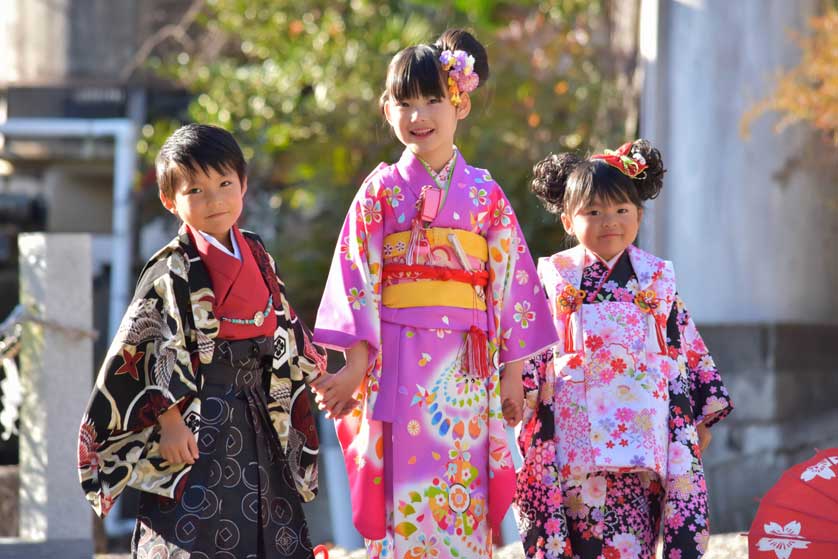
ShichiGoSan Japan Experience
Shichi-Go-San (literally "seven-five-three") is a Japanese custom observed on November 15 in which five-year-old boys and three- and seven-year old girls visit shrines to pray for health and.

Shichigosan 753 Day on November 15th » Zooming Japan
Shichi-Go-San, a significant cultural event in Japan, is a traditional celebration capturing the growth and well-being of children at 3, 5, and 7 years old. The ages represent key milestones in children's lives and hold unique significance, drawing upon cultural traditions entrenched in Japanese society.

shichi go san click … Flickr
The origins of Shichi-Go-San can be traced back to the Heian period (794-1185), where it was initially practiced among the aristocracy. Over time, the celebration became more widespread, and during the Edo period (1603-1868), it evolved into a popular tradition among the common people.
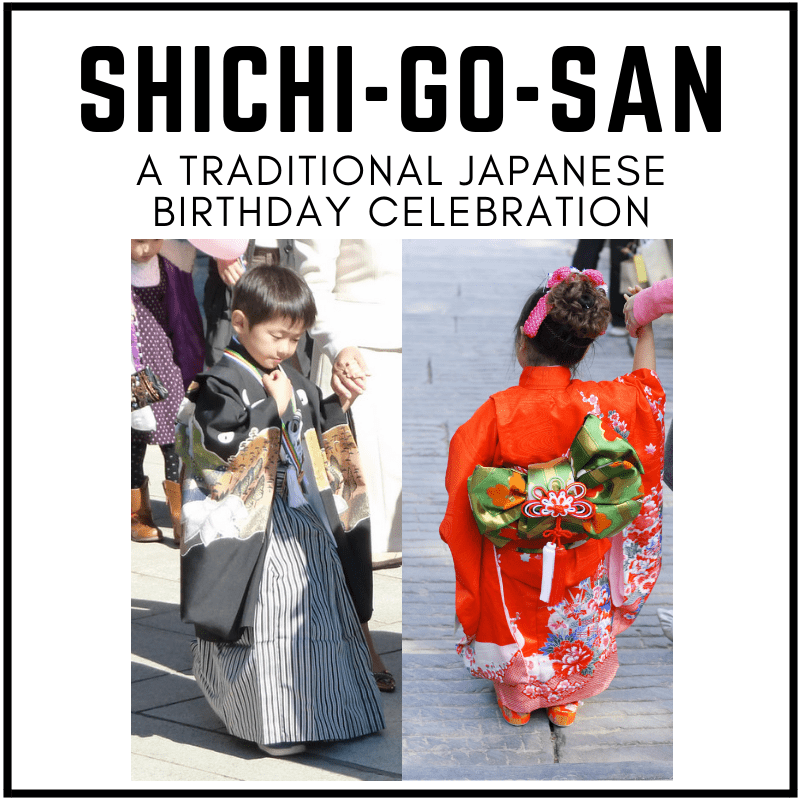
ShichiGoSan A Japanese Birthday Celebration Globe Trottin' Kids
Shichi-Go-San, 7-5-3. During the Heian Era (794-1185), the lucky, odd-numbered years of 3, 5, and 7 marked important milestones in a child's life. To celebrate these auspicious occasions, children were dressed in their Sunday best and paid a visit to a Shinto Shrine or Buddhist temple. Shichi-Go-San collectively refers to these events:

Come this November, go witness the celebration of ShichiGoSan 七五三
Shichi-go-san (七五三) is a Japanese festival held annually in November. Shichi-go-san literally means '7 5 3' and celebrates the health and longevity of girls aged 3 and 7, and boys aged 5. It's an important rite of passage for young children and is an occasion for the whole family to get dressed up, go the shrine and have a meal together.
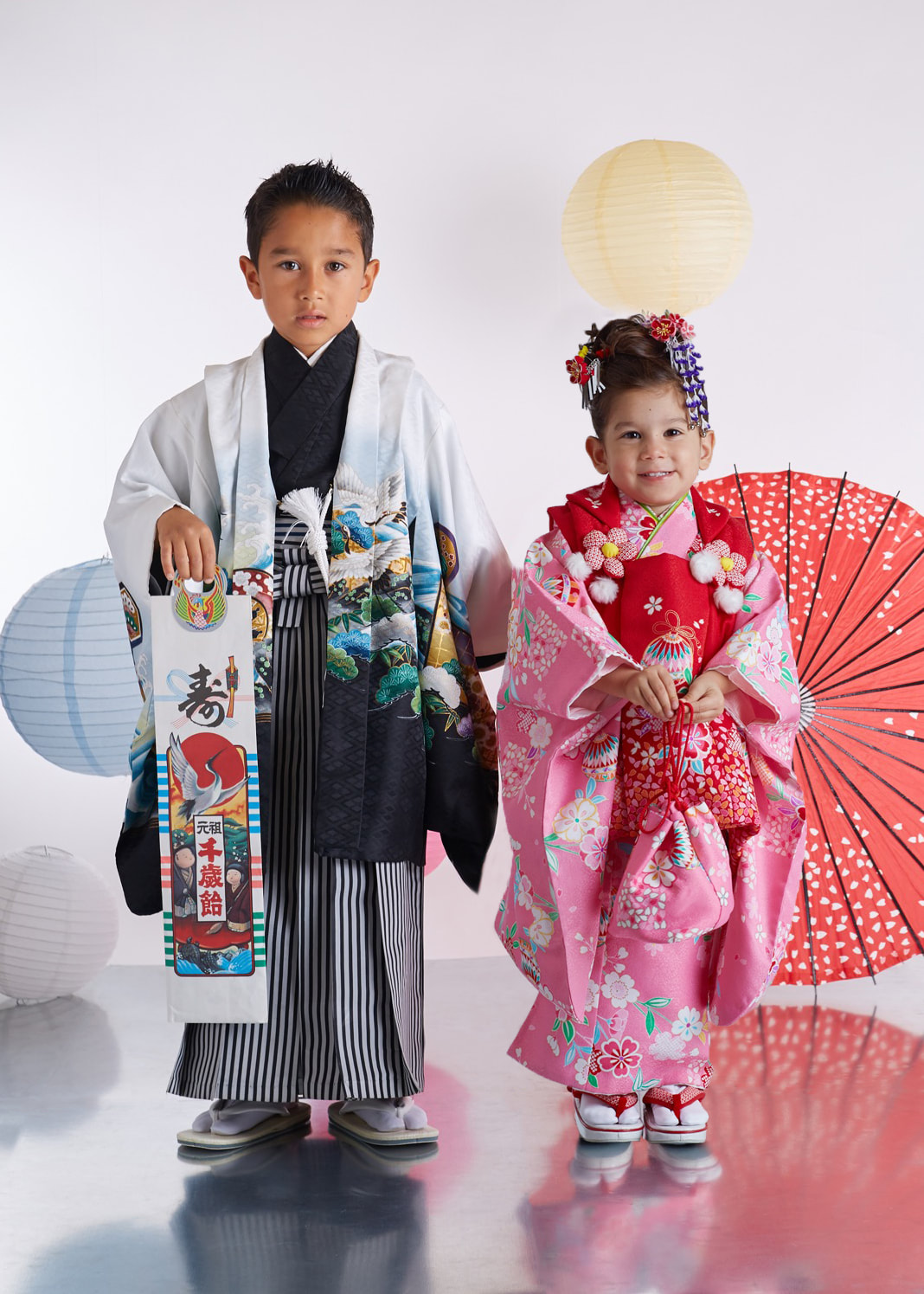
Photo gallery of ShichiGoSan KIMONO SK EN
Shichi-go-san is a custom of thanking the gods and praying for the health and growth of children of 3, 5 and 7 years old. It is a family event that involves dressing up in colorful kimonos, visiting a Shinto shrine, offering gifts and having a photo session. Learn the origins, dates, meanings and tips of this tradition.
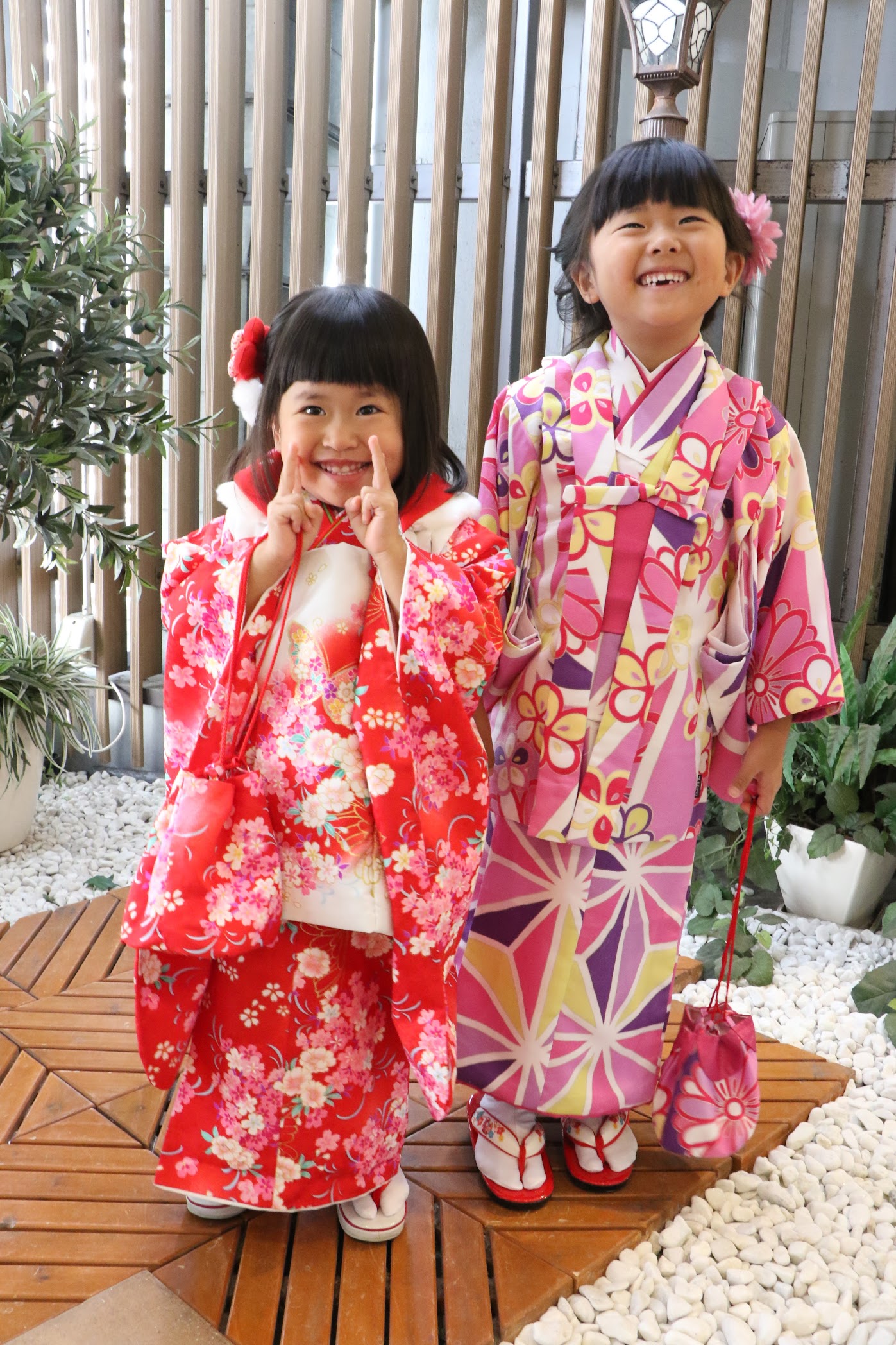
Shichi Go San Festival in Japan Kyoto Kimono Rental Wargo
Shichi-go-san means seven-five-three and represents the ages of the kids being celebrated as they reach certain milestones. It is from the Meiji Era (1868-1912) when parents brought their kimono-clad children—girls, ages three and seven; and boys, age three and five—to Shintō shrines and prayed for their children to have long and prosperous lives.
Ramblings From Life Shichigosan Festival
Shichi Go San is a special holiday celebrating children as they age, specifically girls who turn three and seven and boys who turn five. And THIS year we have a little girl turning three in our family! So keep reading to learn more about what Shichi Go San is, and how our Japanese American family can still celebrate..

Shichi Go San Festival in Japan Kyoto Kimono Rental Wargo
Shichi-go-san is a day of prayer for the healthy growth of young children in Japan. It is celebrated on November 15, the most auspicious day of the year, by visiting a Shinto shrine with parents and offering prayers. Learn about the history, customs, and traditions of this event from Kids Web Japan.
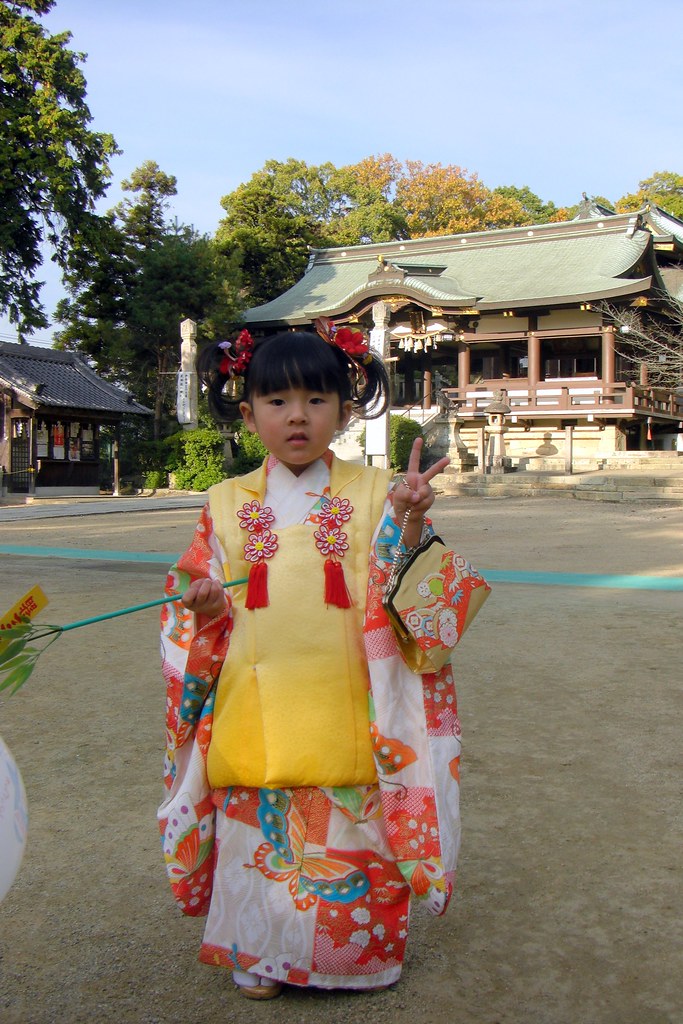
[ShichiGoSan ]CIMG2129 11/22/2008 *She wears the KIMONO… Flickr
The Shichigosan Festival literally translates to the festival of 7-5-3, the occasion to celebrate and pray for the health and growth of three-year-olds, 5-year-olds, and 7-year-old children.
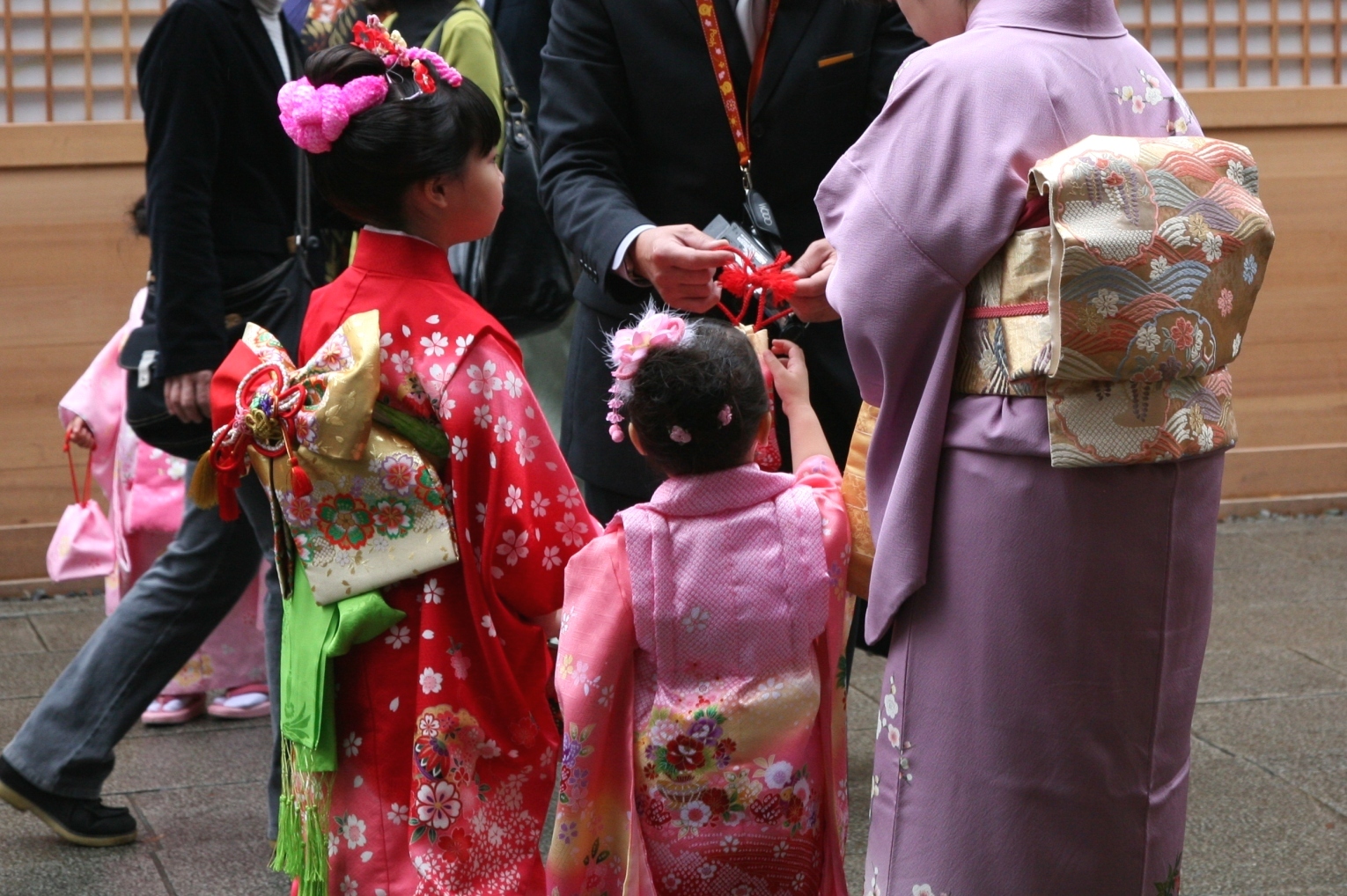
Shichigosan JAPAN WEB MAGAZINE
Shichi-Go-San is an event to celebrate the growth of children when they turn 3, 5, and 7 years old. There are differences in the ages of celebration for boys and girls, but generally the following combinations are common. Boys and girls can be 3, 5, and 7 years old. The "correct age" is often "X" years old. It is often said that "the.

Gallery ShichiGoSan Festival (753 festival) in Japan Metro UK
The first of the old ceremonies for Shichi-Go-San is known as kamioki (髪置き), whose kanji means "hair" and "keep". After this ceremony, children would be allowed to grow their hair out. Before age 3, boys and girls alike would have their hair cut short or shaved. In the past, babies would have their head shaved after being just.
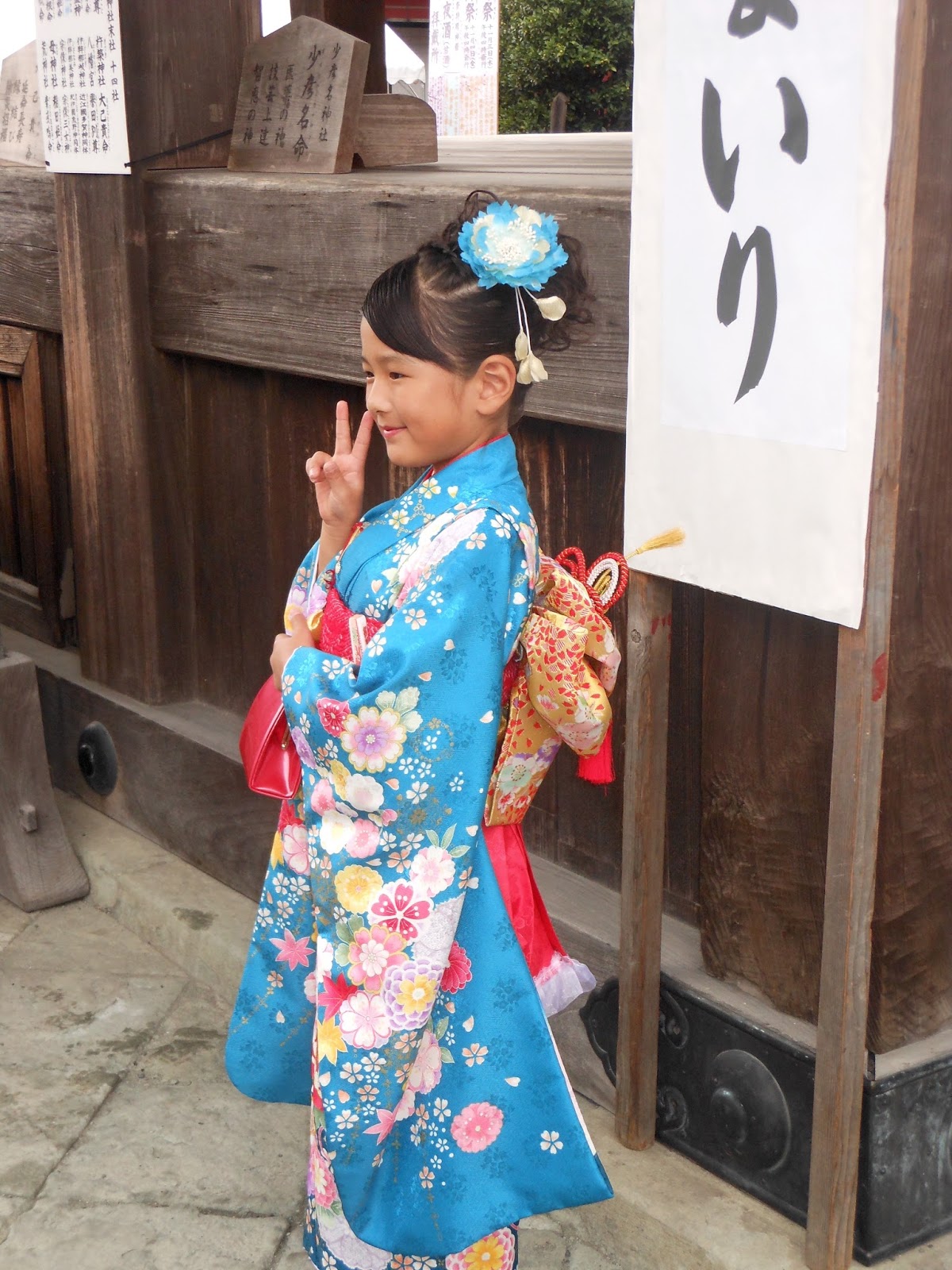
Hokkaido Kudasai ShichiGoSan
Shichi-Go-San is a traditional Japanese rite of passage and festival day for three- and seven-year-old girls, five-year-old and sometimes three-year-old boys, held annually on November 15 to celebrate the growth and well-being of young children. As it is not a national holiday, it is generally observed on the nearest weekend.

diasdecole SHICHIGOSAN
Shichi-Go-San (七五三, lit. 'seven-five-three') is a traditional Japanese rite of passage and festival day for three- and seven-year-old girls, five-year-old and sometimes three-year-old boys, held annually on November 15 to celebrate the growth and well-being of young children. As it is not a national holiday, it is generally observed on the nearest weekend.

Shichi Go San
Shichi-go-san literally means seven-five-three and represents the ages of the kids being celebrated as they reach certain milestones. In modern days we tend to focus on physical milestones, for example: at three, children's language development increases significantly; at five there's a clear development of logical thinking; at seven many.

La celebración del ShichiGoSan en Japón
Shichi-go-san, (Japanese: "Seven-Five-Three"), one of the most important festivals for Japanese children, observed annually on November 15.On this date girls of three and seven years of age and boys of five years of age are taken by their parents to the Shintō shrine of their tutelary deity to offer thanks for having reached their respective ages and to invoke blessings for the future.